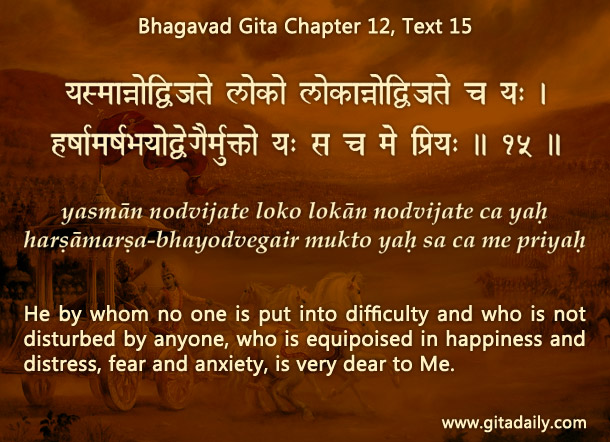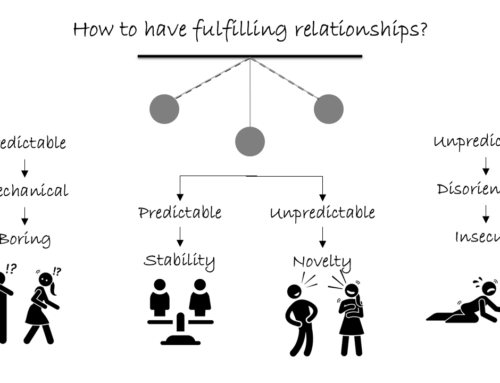Devotion is characterized more by the protection of morality than by the protection of orthodoxy.
All theistic traditions worldwide are associated with certain ritual practices that become a core part of their orthodoxy. The particular ways in which specific rituals are performed often serve as essential means for preserving continuity and spirituality within a tradition. Thus, the details matter—as they say, the devil resides in the details, and the divine may also be served through them.
Simultaneously, while preserving these details, it is equally important that the organizational structures of theistic traditions, often embodied by some form of organized religion, do not become so preoccupied with orthodoxy that they neglect, or even deride, morality and basic human decency. For example, if a neophyte practitioner performs a ritual, etiquette, or practice incorrectly, it would be natural for the tradition to correct such an error. However, if this correction is carried out with a self-righteous, condescending, or judgmental attitude, it may alienate and even antagonize many potential and present practitioners.
People often come to a spiritual tradition seeking a sense of belonging and community. If they feel constantly judged and demeaned over trivialities and technicalities, they may well decide they do not want to be part of such a tradition. Those focused on preserving orthodoxy might dismiss such considerations as mundane and declare that people who leave for such reasons lack the sincerity to follow their time-honored path. Yet, Krishna himself does not relegate such issues to mere pragmatic concerns. In fact, the Bhagavad-gita (12.13–20) offers a list of qualities that endear a devotee to him. Strikingly, none of these qualities are about religious orthodoxy, ritual precision, or adherence to codes of conduct or etiquette. Instead, they center on basic human behavior and morality. For example, Krishna describes the soul dear to him as non-envious, a friend to all, compassionate, and composed (12.15), avoiding actions that would disturb or be disturbed by others.
Overall, the list emphasizes traits often associated with morality, humanity, or decency, and Krishna’s inclusion of them underscores their importance. These qualities should not be viewed as tactics to attract potential converts through “love bombing”—showering newcomers with affection to overwhelm them until their emotions make the decision for them to join. Rather, Krishna promotes cultivating these qualities in a transcendental and genuine way, which both attracts and pleases him.
While the purpose of theistic traditions certainly extends beyond merely upholding morality, decency, or humanity, ultimately, it aims to awaken spirituality, equipping individuals with the resources to be restored to their rightful place and purpose within the divine order that characterizes existence.
Summary:
- Orthodoxy, in the sense of adherence to a set of practices, rituals, and etiquettes, fosters a sense of continuity with the past and spirituality within a tradition.
- However, such traditions should not allow the preservation of orthodoxy to override the preservation of morality, decency, and humanity.
- In ensuring practitioners conform to expected norms, leaders in traditions should avoid becoming judgmental or condescending, which may alienate or antagonize non-practitioners or potential practitioners.
- The basic behavioral qualities comprising morality, humanity, and decency endear one to Krishna, emphasizing that good behavior is not merely a tactic to attract new people but an essential aspect of character, fostering true spiritual growth.
Think it over:
- Why is orthodoxy important for theistic traditions?
- When may emphasis on such orthodoxy become counterproductive?
- How does the Bhagavad Gita convey that morality, humanity, decency shouldn’t be sidelined for orthodoxy.
***
12.15 He by whom no one is put into difficulty and who is not disturbed by anyone, who is equipoised in happiness and distress, fear and anxiety, is very dear to Me.




Leave A Comment